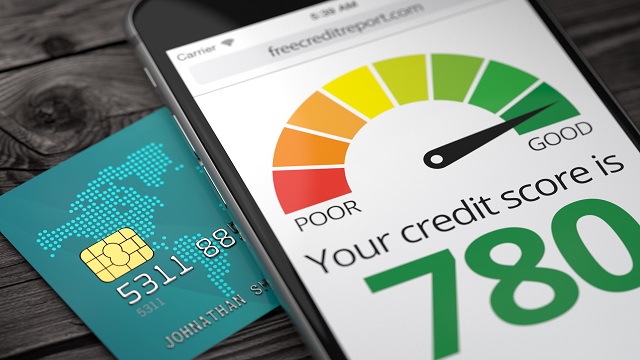
When you approach a bank for a loan, one of the first things they check is your CIBIL score. It is a three-digit number that indicates how worthy of the credit you are. And it gives the bank a better idea of how likely it is that you may default on your loan.
Your CIBIL score can range from 300 to 900, and the higher it is, the better. This number is calculated by TransUnion CIBIL Limited, which is one of the foremost credit rating and credit information companies in India. But what are the components that play a major role in the CIBIL score calculation?
That’s just what we are going to find out.
How is the CIBIL Score Calculated?
Your CIBIL score is computed by taking into account four key factors. Check out what they are, and how much weightage they have in the CIBIL score calculation.
| Factor | Weightage |
| Your repayment history | 30% |
| Your credit exposure | 25% |
| The credit type and duration | 25% |
| Other factors | 20% |
This is the basic framework used in the CIBIL score calculation process. Now, let’s take a closer look at these factors.
1. Your Repayment History
This is the most important factor used to Calculate CIBIL Score. As you can see from the table above, it makes up 30% of the weightage. If you have historically repaid all your dues on time, this will have a positive effect on your CIBIL score. On the other hand, if you have delayed your loan repayments or paid your credit card bills past the due dates, these instances will bring down your CIBIL score.
The logic behind using this factor as a benchmark is simple. If you have a history of delayed payments, it is likely that you may default on your loan in the future. So, your CIBIL score will be lower in such cases.
2. Your Credit Exposure
Your credit exposure, or your credit utilisation ratio, refers to the percentage of your available credit limit that you have used. For instance, if your credit card has a limit of Rs. 1 lakh, and you have used a credit of Rs. 50,000. This means your credit utilisation ratio is 50%.
Experts suggest that ideally, you should maintain a credit exposure of 30%. The higher the exposure to credit, the more credit hungry you will appear, because you are using most or all of the credit limit available to you. This could indicate financial troubles on your part, and it increases the chances of default as far as lenders are concerned.
3. The Type and Duration of Credit
There are different types of credit available. Secured credit includes options like automobile loans and home loans. Unsecured credit includes personal loans and credit cards. A healthy mix of the different types of credit improves your CIBIL score since it indicates that you have some experience handling different types of credit.
Similarly, having a longer credit history is also beneficial to your score, because it means that you have a fair bit of experience in managing credit options.
4. Other Factors
Among the other factors that are used in CIBIL score calculation is the number of inquiries. Whenever you apply for credit, the lender makes a hard inquiry with CIBIL to check your credit report and credit score. A high number of hard inquiries made about you indicates that you made many credit applications recently. This could be a red flag for lenders.
Conclusion
So, this sums up how the three-digit number indicating your creditworthiness is calculated. Now that you know the factors that affect CIBIL scores, you can take measures to ensure that your score is always in the range between 700 to 900. This is generally considered good by lenders.
Author Bio:-
Sweety Singh
Sweety is a Finance & Tax practitioner. She loves sharing information regarding finance and investment. She passionately writes about finances, reads about new innovations avidly and is always up for a conversation about good financing practices.
Also read: Personal loan vs Salary Advance Loan: Which one to Choose?

